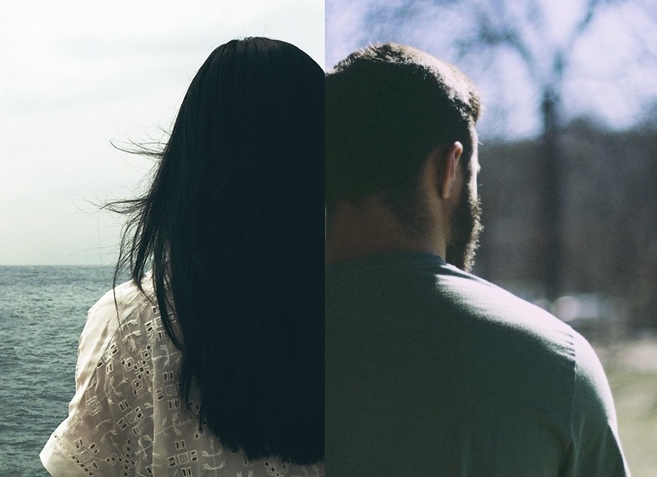
There’s a scene in “Friends” where Joey advises one of the friends to end a relationship by not calling.
He says: “Be a man; stop calling.”
When I was younger, I used this joke a few times whenever a friend didn’t know how to break up with someone. But this “joke” happens too many times in real life.
It’s called “ghosting.”
It’s when someone ends a relationship without offering any explanation; they just disappear. There’s no conversation about what went wrong, and the situation is left unfinished. No phone call, no text, no email—bam, it’s over.
I’ll admit, I have ghosted a few people in the past, so I know that it comes from our inability to handle emotions and communication. When I’ve disappeared, it’s because I was trying to avoid emotional discomfort. I didn’t want to deal with the pressure of facing someone who I may have to hurt.
Honestly, it felt like the easy way out. I figured that if I left, this person would just “get it.” They’d understand that I didn’t want to be with them. I believed that if I disappeared, I could save them some heartache.
Well, nope—I was wrong. Avoiding the conversations that made me feel vulnerable also made me feel like a coward.
Eventually, after getting ghosted a few times, I learned how sh*tty it is to walk away without explanation. I now realize the importance of confrontation. No matter how painful the truth may be, it is better to be straightforward and just say it.
This is how we learn not to take another person’s emotional health for granted.
Here’s the thing: ghosting is passive-aggressive behavior. It doesn’t save people from pain; it actually causes more pain. When we are ghosted, when someone walks away without a word, we feel blown off and disappointed. It can be maddening!
And often, we end up stuck in an endless loop of overanalyzing. Since we don’t know what happened, we tend to blame ourselves and wonder what steps, if any, we should take. Should we reach out? Should we move on? Should we wait for this person to contact us? This confusion creates an immense amount of emotional distress, and can lead us to wait around for people who may have already moved on.
We tend to stay hooked on what we can’t understand. So when a relationship ends through ghosting, it can be difficult to to connect with someone new when we feel like there’s still a thread connecting us to someone else.
Silence can feel like a dagger through the heart, but words—no matter how painful—can eventually help eradicate our suffering.
If you’re a ghoster, know that ghosting is not okay. It’s emotional cruelty. Even if a relationship is casual, we should always offer an explanation before leaving someone’s life. If we don’t want to be with them, we should tell them; we should consider their emotional health and avoid causing wounds that may never be fully healed.
If we think that by disappearing on someone, we’re making our feelings clear, the fact is that we’re just raising more questions in their mind. Respect is gained through communication, and easily lost through silence.
If you’ve been ghosted, get honest with yourself. The people who ghost us aren’t just “busy.” They aren’t all commitment-phobes. The truth is simple: whoever wants to be with you will be with you. When someone isn’t into you “enough,” they will come up with a million reasons why they can’t stick around. Those who end relationships through ghosting are often too scared or uncomfortable to share those reasons.
We must read the signs as they are and not as we wish them to be. No one is “The One” if they leave. Instead of focusing on our emotional suffering when we’ve been ghosted, we should question the authenticity of our relationship. Do we really want to be involved with people who can’t share their feelings and, in return, hear ours? Do we want to be with someone who disappears without explanation when our presence no longer serves them?
Communication is the foundation of any relationship. We have a choice to step away from any relationship that no longer serves us, but we should consider how the way we leave will impact those we’ve cared about.
If we’ve been ghosted, it doesn’t mean there is anything “wrong” with us. And even if there is, we deserve to have people in our lives who are willing to communicate with us about what we need to fix and how we can fix it.
At the end of the day, this is how we evolve—people kindly point out our flaws and, together, we work on changing them, for the better.
~
~
Author: Elyane Youssef
Image: Yaoqi Lai & James Garcia/Unsplash
Editor: Nicole Cameron
Copy Editor: Catherine Monkman
Social Editor: Taia Butler








Read 2 comments and reply